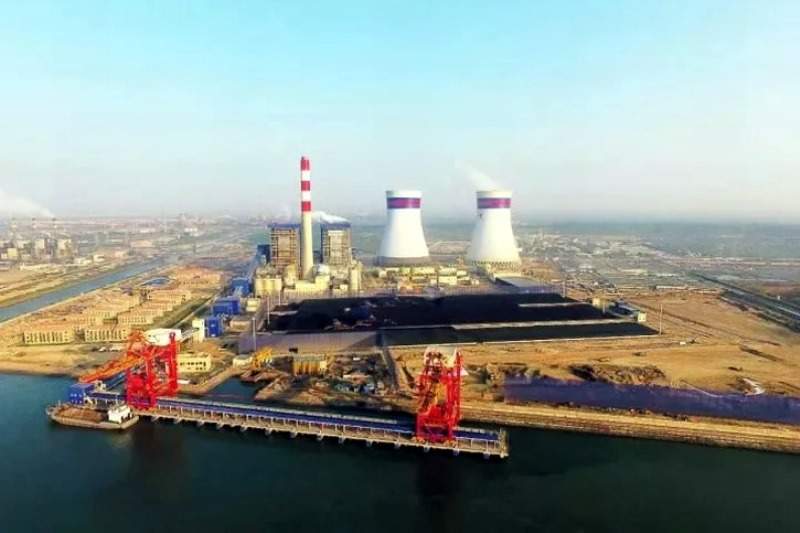ISLAMABAD, March 18: Port Qasim Electric Power Company (Private) Limited (PQEPC) has issued a warning to the government of Islamabad that it may suspend plant operations due to delayed payments, which have exceeded the agreed deadline.
The outstanding receivables for coal-fired plants established under the China-Pakistan Economic Corridor (CPEC) have now accumulated to approximately Rs 300 billion (over a billion dollars).
This could result in power companies being unable to remit dividends to their shareholders.
This ongoing issue of overdue payments for CPEC power projects has become a top priority for both Pakistani and Chinese authorities, posing a significant barrier to the approval of new loans and insurance deals.
Sources revealed that Finance Minister Senator Muhammad Aurangzeb has been approached to release funds to the Central Power Purchasing Agency-Guaranteed (CPPA-G).
This would then be used to make payments to the Chinese Independent Power Producers (IPPs).
PQEPC Threatens to Halt Operations at 1,320 MW Coal Plant
In a letter, CEO Wang Dongfang emphasized that the 1320 MW Port Qasim Coal-fired Power Project has been a cornerstone of Pakistan’s energy sector under CPEC, providing reliable, clean, and affordable electricity to the national grid.
The project has also made significant efforts to mitigate the circular debt crisis, particularly during the COVID-19 pandemic.
However, as of February 26, 2025, the total payment due for the project has reached Rs 93.5 billion (approximately $334 million), with delays stretching over six months.
Read More: Awais Leghari Advocates for Energy Cooperation with Power China and Energy China
The delay in payments could worsen further, according to the CEO.
This situation has caused significant dissatisfaction among the project’s shareholders and sponsors, primarily from China and Qatar, who are now urging immediate action to resolve the outstanding dues.
The CEO also pointed out that, under PPA Section 9.10, PQEPC is entitled to suspend operations without incurring Liquidated Damages (LDs) due to the overdue payments.
He emphasized that the plant’s current tariff offers a competitive advantage over other oil and RLNG power plants.
Also Read: What Could Cost Cheaper than Hydropower Generation?
If the plant’s operations are halted, it would create a detrimental situation for both parties, which could be avoided through the timely settlement of outstanding amounts.
To prevent further escalation, such as a Loan Agreement Default or a Government of Pakistan Sovereignty Guarantee Default, the CEO urgently requested the Finance Minister’s intervention to coordinate with relevant authorities and facilitate financial support to CPPA-G so they can pay off the overdue dues.
Government Response
In response to the situation, sources have reported that the Finance Division has already released around Rs 18 billion to CPPA-G.
This funding is intended for subsidies related to the Inter-Disco Tariff Differential for FY 2024-25.
As well as subsidies for agricultural tubewells in Balochistan, AJ&K, and the 23rd tranche under the Pakistan Energy Revolving Account, meant specifically for payments to Chinese IPPs.
Despite this, the outstanding dues remain a critical issue for PQEPC and other power plants under CPEC, and the situation requires urgent resolution to avoid the suspension of operations.
